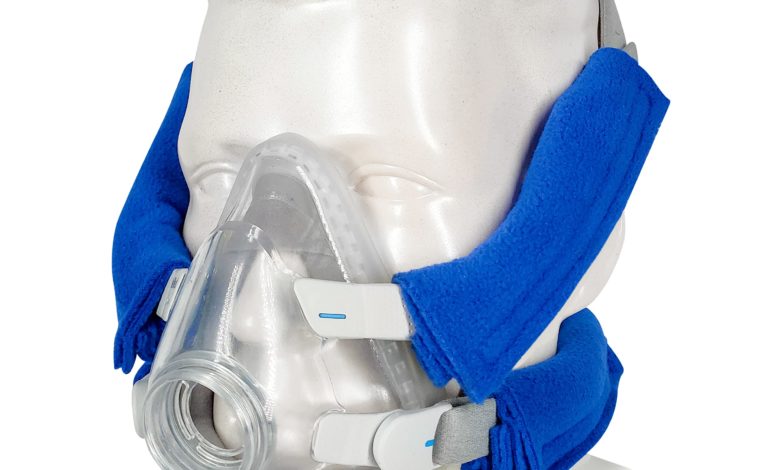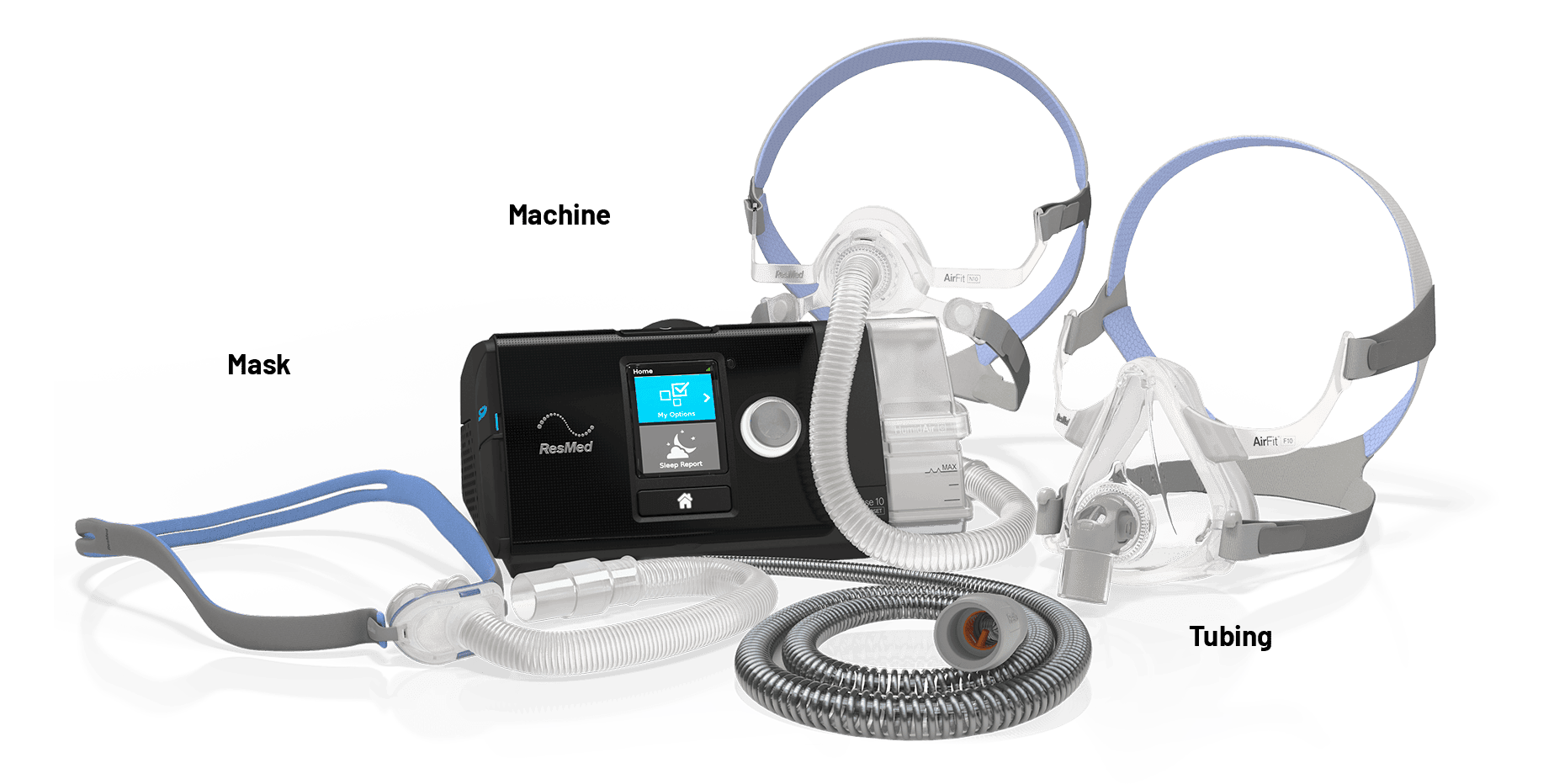Which CPAP mask is best for me?

The best CPAP mask for you will depend on your individual needs and preferences. There are many different types of CPAP masks available, each with its own advantages and disadvantages.
Nasal masks are the most common type of CPAP mask. They fit over the nose and are typically the most comfortable type of mask. However, they can cause nasal congestion and may not be suitable for people who have trouble breathing through their nose.
Nasal pillows fit under the nose and are a good option for people who have trouble tolerating nasal masks. They are less bulky and obtrusive than nasal masks, and they can make it easier to read or watch TV while using CPAP. However, nasal pillows may not be suitable for people who have frequent mouth leaks.
Full-face masks cover both the nose and mouth. They are typically used for people who have severe OSA or who have difficulty breathing through their nose. Full-face masks can be more effective than nasal masks or nasal pillows, but they can also be more uncomfortable and claustrophobic.
Hybrid masks are a combination of nasal and full-face masks. They have a nasal seal like a nasal mask, but they also have a chin strap that helps to keep the mouth closed. Hybrid masks can be a good option for people who have trouble tolerating both nasal masks and full-face masks.
Here are some factors to consider when choosing a CPAP mask:
- Your breathing pattern: If you breathe through your mouth, you will need a mask that covers both the nose and mouth.
- Your facial structure: If you have a small nose or a high nasal bridge, you may need a mask that is specifically designed for your facial structure.
- Your comfort level: You should try on different masks to find one that is comfortable for you.
- Your lifestyle: If you are an active sleeper, you may need a mask that is lightweight and flexible.
Your doctor can help you choose the best CPAP mask for your needs. They will take into account your individual circumstances and recommend a mask that is right for you.
Here are some additional tips for using a CPAP mask:
- Clean your mask regularly. This will help to prevent skin irritation and infection.
- Adjust the mask straps so that it is comfortable but secure. The mask should not be too tight or too loose.
- Use a humidifier if you have dry mouth. This will help to keep your mouth moist and comfortable.
- See your doctor for follow-up appointments. Your doctor will make sure that your CPAP mask is fitting properly and that your therapy is effective.
Using a CPAP mask can take some time getting used to. However, it is important to stick with it. CPAP therapy can significantly improve your sleep quality and health.
If you have any questions about CPAP masks, please talk to your doctor.


CBuPRrpDGSXQ